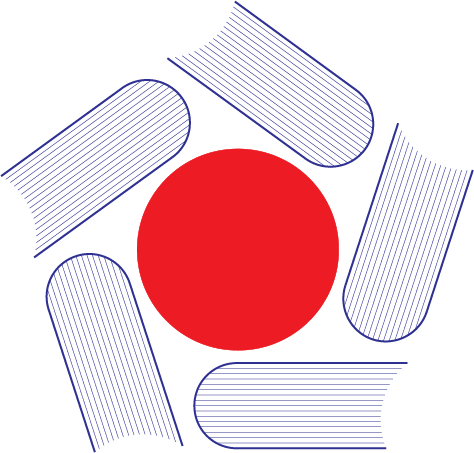

+381(11)3555258
office@imsi.bg.ac.rs
Nina Nikolić

PhD in Agricultural sciences
Research Professor
Department of Plant-Soil and Nano Systems
Address: Kneza Višeslava 1, 11030 Belgrade
E-Mail:
Links:
ORCID: orcid.org/0000-0002-4214-3291
Scopus ID: 56264788100
ResearchGate: https://www.researchgate.net/profile/Nina_Nikolic
I study processes of spontaneous restoration on marginal lands, in particular on those degraded by industrial activities. The aim of my research is to bring closer together vegetation ecology and plant nutrition (e.g. functional traits and ecophysiological adaptations to mineral stresses, from individual species to vegetation level), in a search for general principles of importance for the efficient and “greener” management of degraded ecosystems.
1.Work experience:
2.Education:
3.Awards and certificates:
4.Other professional activities:
Editorial and Reviewer’s activity (journals, books, projects):
Memberships:
Past:
University of Belgrade
Institute for Multidisciplinary Research
Kneza Višeslava 1, 11030 Beograd
(+381) 11 3555-258